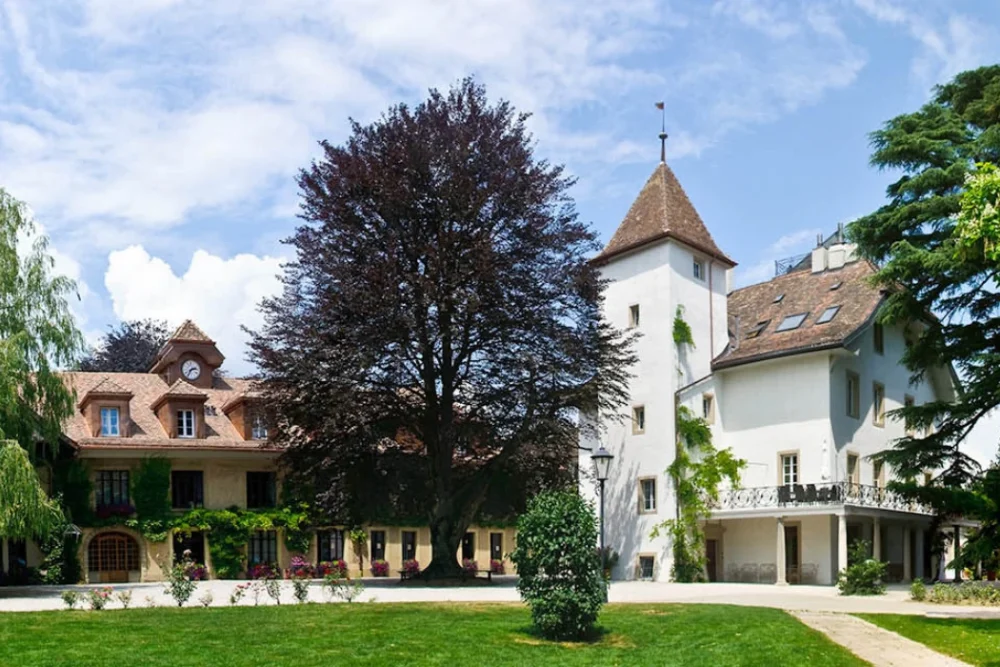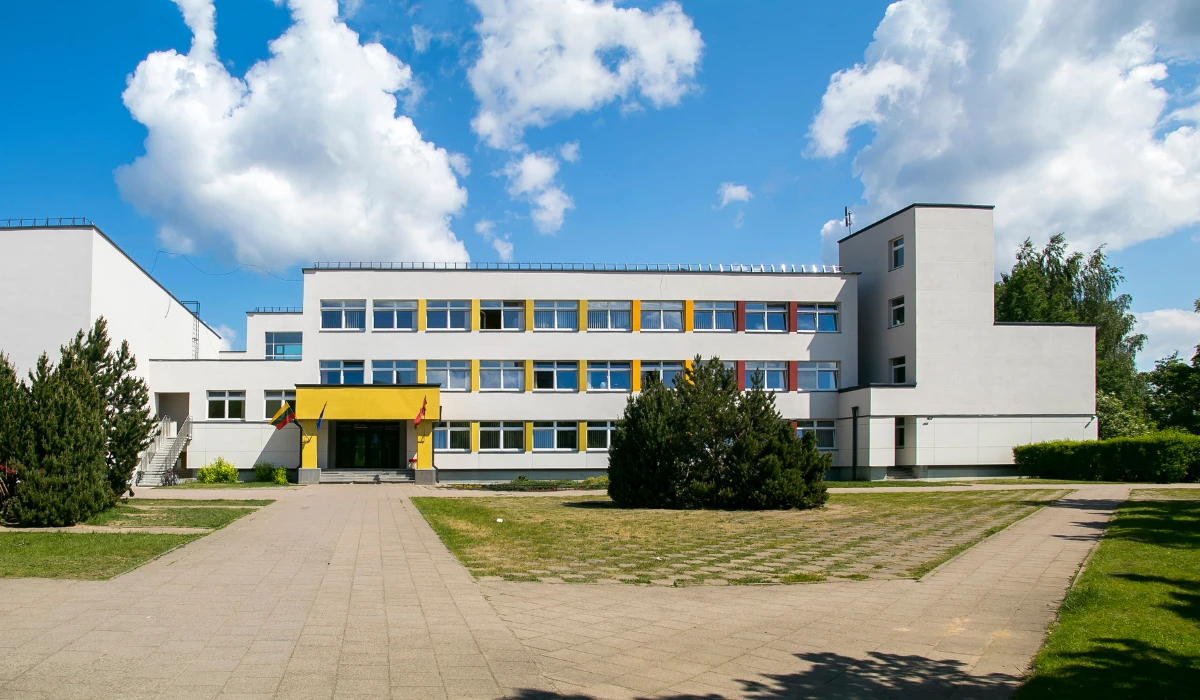Behind castle walls, high in the Swiss Alps, or tucked away on manicured estates in New Jersey, there are schools the average American has never heard of because they were never meant to be found. These are not your everyday private schools. These are institutions where tuition alone rivals the average middle-class salary; we’re talking $150,000+ annually. Where future royalty, global CEOs, and tech heirs are groomed to succeed and rule.
Places like Institut Le Rosey (Switzerland), often called “the school of kings,” and Institut Auf Dem Rosenberg, a luxury boarding school that feels more like a five-star diplomatic retreat, exist to mold children of the rich into the next generation of powerbrokers. In the U.S., elite boarding schools like The Lawrenceville School and Phillips Exeter Academy shape legacies. And across the pond, Eton College in the UK has graduated a roll call of prime ministers, elites, and media tycoons.
These institutions are designed from the ground up to produce global leaders, not employees. The curriculum? Globally focused and multilingual. Students learn diplomacy, classical philosophy, and investment strategy before reaching the legal drinking age. They’re guided by former ambassadors, industry CEOs, and professors with Oxford and Harvard credentials. Leadership is the mission.
The network? Unparalleled. When your roommate is the daughter of a Middle Eastern oil tycoon, and their debate partner is the grandson of a former U.S. president, the connections made in these classrooms become launchpads for empires.
Think private islands, helipads, Michelin-starred dining, personal wellness coaches, and armed security. At some schools, parents pay extra to have GPS tracking and 24/7 surveillance on their children, a standard when you’re raising future heads of state or corporate monarchs.
Meanwhile, America’s public schools in working-class or middle-income neighborhoods are often underfunded, overburdened, and not designed to produce owners. Public schools are designed to construct employees. From early childhood, the messaging is clear: get good grades, go to college, get a job.
Leadership isn’t built into the curriculum. If it exists at all, it’s an elective. Financial literacy? Rare. Real estate investing, coding, or entrepreneurship? Optional and often unavailable, especially in underserved communities. Instead, we see an obsessive focus on standardized testing, compliance, and preparing for a workforce that no longer exists.
Where billionaire children are taught to buy companies, public school kids are taught how to work for them. One system grooms owners, and the other trains labor.
While hidden schools for the elite instill a sense of global stewardship and personal power, many public schools function more like obedience academies. Sit still. Raise your hand. Memorize. Comply. Prepare for a life where you ask for time off.
This is intellectual segregation. The children of the rich aren’t just learning more; they’re learning differently. Take a look at the tech world. While public school kids might take a computer class that teaches them how to code or use Microsoft Excel, the kids at Le Rosey are pitching start-ups to real investors by age 16.
At Lawrenceville, a student might discuss the ethics of AI with a visiting CEO from Silicon Valley. In a public school, the same subject might be limited to a YouTube clip in a science class if there’s time.
We must recognize this for what it is: the deliberate training of rulers vs. the managed preparation of the ruled.
This divide feeds the power dynamics of society. When the majority of leadership in politics, tech, and global finance stems from the same hidden schools and elite circles, their worldview naturally reflects their shared experience, not the reality of the average American. And when public education fails to equip children with the tools to own, innovate, and lead, it becomes a self-fulfilling prophecy. Generational poverty persists, social mobility stalls, and the ruling class becomes more ingrained.
Our hope (sight)… It’s time to stop pretending the problem is about school choice or charter school availability. The real conversation is about access to ownership education. About teaching working-class kids the same things billionaire kids are learning in secret.
We need entrepreneurship education embedded from grade school, financial literacy as a core subject (not an elective), mentorship programs with real-world leaders, and a curriculum that builds leaders, not just workers.
Until that happens, we will continue to raise two generations: one designed to control the world and one designed to ask permission from it.





